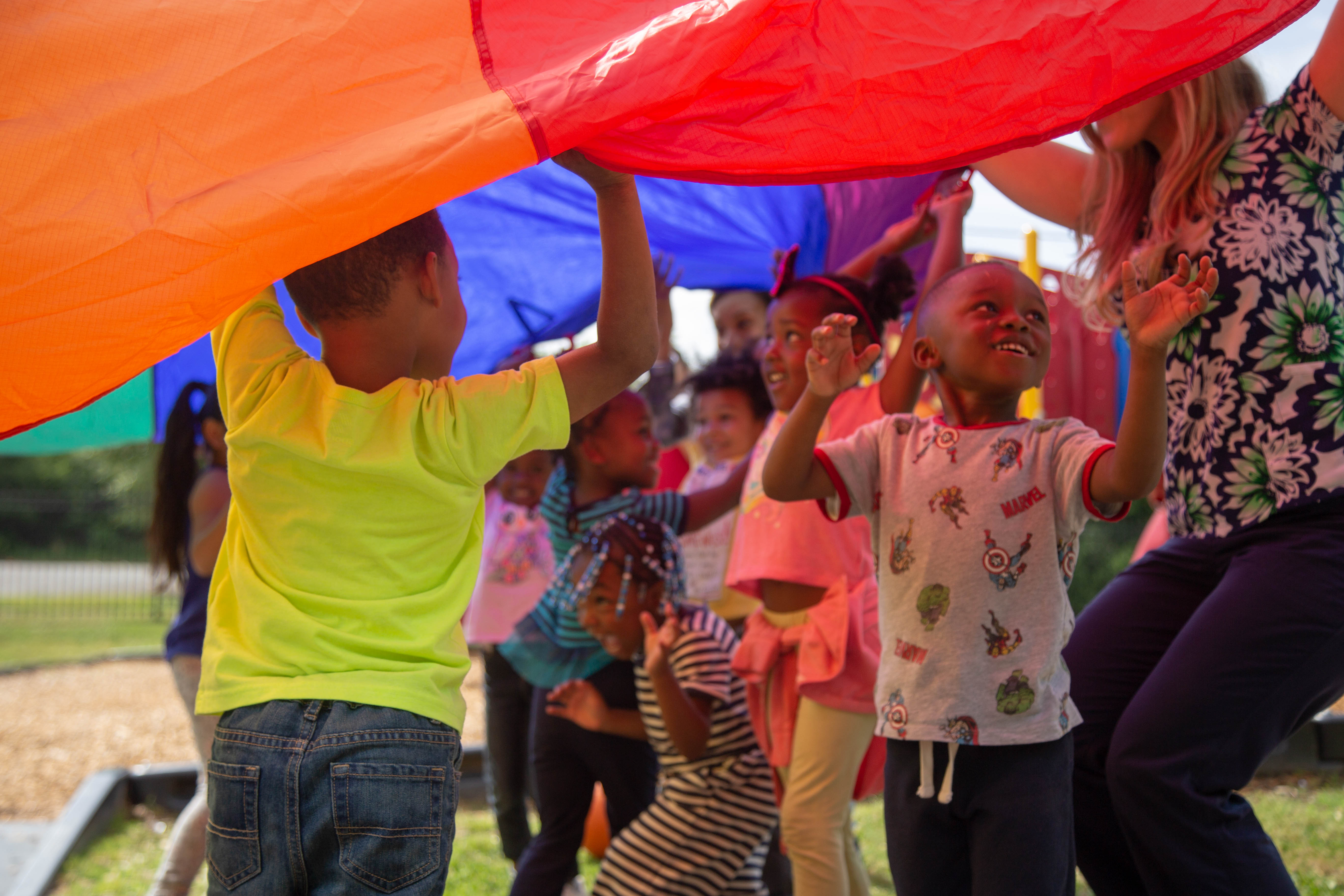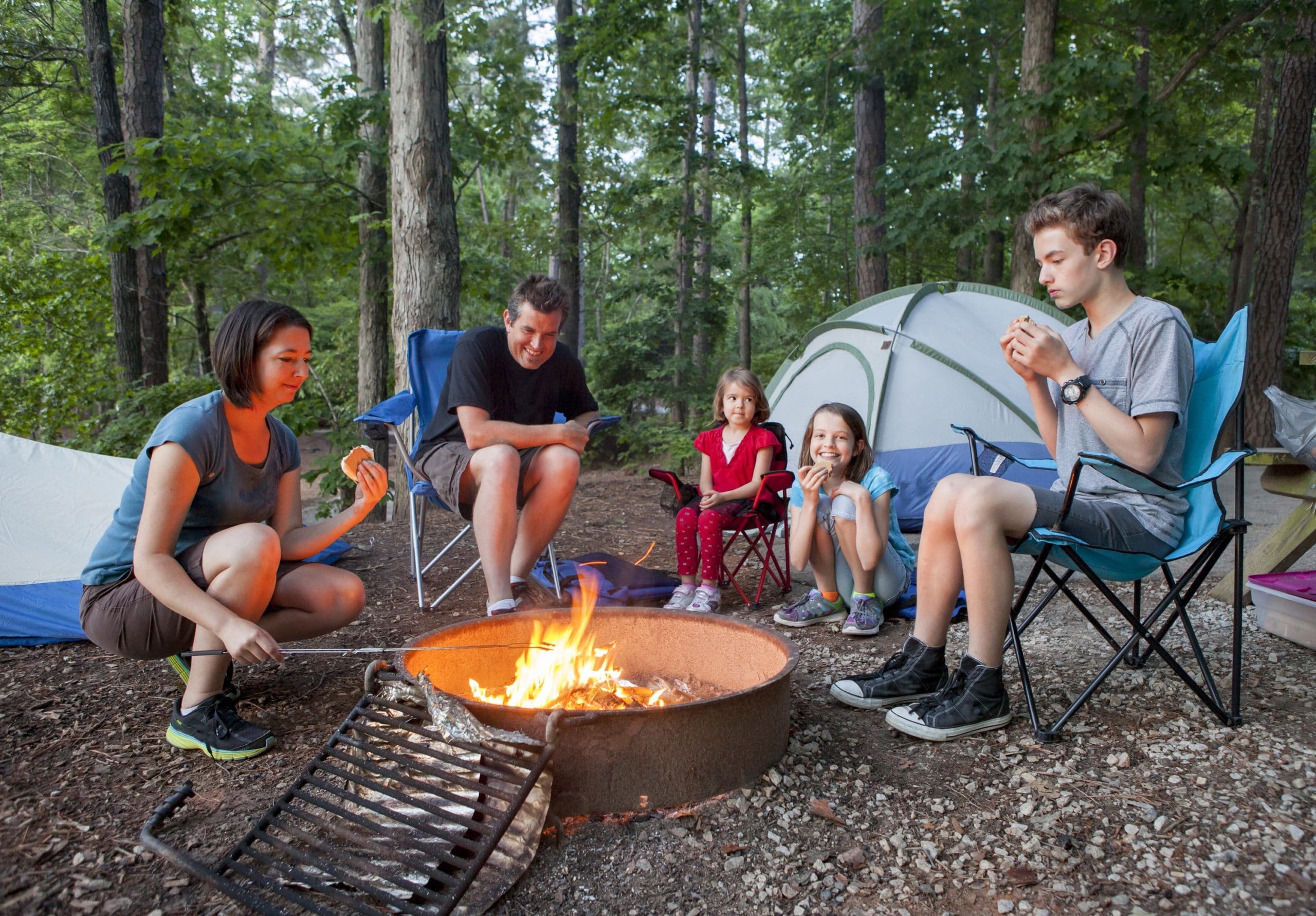School is out for summer and vacation time is right around the corner! Even though your child is out of school for the next couple of months, it is important to continue learning over the summer break.
 |
Have you heard of the Summer Slide? The Summer Slide is the tendency for students to lose some of the achievement gains they made during the previous school year. Recent studies have shown that students lost, on average, about 20 percent of their school-year gains in reading during summer break (from the University of Missouri- Columbia and Tennessee State University).
Although it may be daunting to prevent the Summer Slide for your child, we are here to help! There are several easy things you can do as a family to contribute to summer success!
 |
Here are some of our top tips for building vocabulary during summer vacation:
Rare Words
Introduce your child to rare words, which are words that are not used in everyday conversation. Some examples of summertime rare words are surfing, humidity, and canoe. Summer vacation provides the perfect opportunity for your child to not just learn, but experience new vocabulary. Whether you visit a national park and go rafting or visit the beach and build a sandcastle, rare words are all around you.
When thinking about vocabulary to introduce to your child, remember to introduce all types of words- objects, actions, descriptors, and other concepts, like seagull, scuba-diving, frizzy, etc. It’s important to point to and name objects or characters in books, but it is equally important to describe the character’s actions using bright colorful adverbs and adjectives.
Narrate, Label, and Describe
Vocabulary is best taught through connections and concepts rather than definitions. That is why narrating, labeling, and describing vocabulary is so important.
Narrating may feel a little awkward, but truly helps your child to connect your actions to vocabulary. For example, when at the beach, narrate- “I am applying sunblock and rubbing it into my skin.”
In addition to narrating, labeling and describing helps your child to learn the meaning behind new vocabulary and remember it. For example, when camping, you can talk about your kayak- “Our kayak is made of hard plastic. It is water-resistant and floats so that we can stay dry.”
Keep Sentences Simple
Our last piece of advice is to keep sentences simple. You are introducing new words to your child, so be sure to utilize words she/he already knows! For example, you could say “A seagull is a type of bird. We see them at the shore.” These short sentences are simple enough to explain what a seagull is to your child using a word (bird) that she/he already knows.
I hope that you find these tips for introducing new vocabulary helpful! If you have any questions about this blog topic, please reach out to our expert Speech-Language Pathologists at (704) 523-8027. For more blogs and information about speech and language development, visit CSHC’s blog at
https://charlottespeechhearing.com/cshc-blog/ or follow us on Facebook.
Angie Rikard Bio
Angie Rikard is the Director of Speech-Language Services at Charlotte Speech and Hearing Center. She graduated with her Master’s degree in Communication Disorders from Appalachian State University in 1999 and has been serving adults and children in Charlotte ever since. Angie is also a singer and songwriter and mother of 2 outstanding young men.



